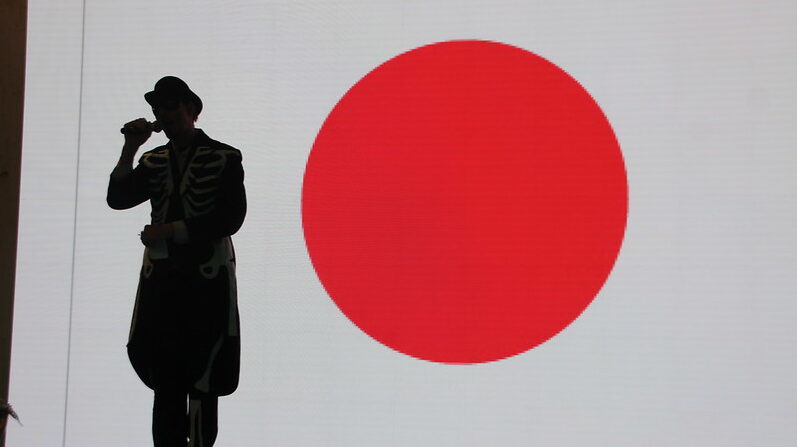We’ve been through this fight before.
Years ago, Japanese officials waltzed into our countries – the Philippines and Indonesia – and cut deals to develop dirty coal power plants that would enrich Japanese corporate interests.
After years of resistance, people’s movements from the Philippines to Bangladesh and Indonesia succeeded in pressuring the Japanese government last year to stop exporting its dirty coal technologies to our vibrant, rich and extremely climate vulnerable countries.
We won. But now Japan is at it again.
After decades of inaction on the climate crisis, the Japanese government led by prime minister Fumio Kishida approved a so-called “Green Transformation” (GX) strategy on 10 February to purportedly support the transition to clean energy.
But this strategy is an exercise in greenwashing and relies heavily on the expansion and use of fossil fuels.
Japan’s flawed GX strategy outlines how it will achieve carbon neutrality by 2050 and support the energy transition across Southeast Asia.
The strategy aims to mobilise over $1.1 trillion in public and private capital over the next ten years to overhaul 22 industrial sectors in Japan and provide partner countries like ours with Japanese technology and finance.
However, Japan’s toxic plans rely on the use of fossil fuel-based technologies, including liquified natural gas (LNG), the co-firing of ammonia at coal-fired power plants, hydrogen, and carbon capture and storage (CCS).
IMF warns against ‘protectionism’ in rich world’s green subsidies
These technologies would prolong the use of fossil fuels at a time when renewable energy solutions are cheaper, more reliable and available.
Furthermore, they would not cut emissions to limit global heating to 1.5C, which is crucial to avoiding climate disaster. Investors are reportedly wary of greenwashing in Japan’s strategy and transition bonds.
Nevertheless, Japan is ploughing forward by convening an Asia Zero Emissions Community meeting on 4 March to promote these fossil-based technologies to energy ministers from across the region.
Japan is also leveraging its G7 presidency this year to increase financing for LNG and upstream gas projects and further advance its dirty energy strategy for Asia. Japan’s ammonia and hydrogen technologies rely almost exclusively on the use of fossil gas.
UN sets date for loss and damage talks, risking Asian no-show
Japan wants us to believe that gas is cleaner than coal, but the truth is far from this. Building gas is an affront to our moral duty to protect the environment and would derail efforts to limit global heating to 1.5C.
In the Philippines, 34 gas power plants and 11 new LNG import terminals are planned. Much of the development is centered in the Batangas region which is home to the Verde Island Passage, a biodiversity hotspot.
The Japan Bank for International Cooperation, Osaka Gas and Mizuho are supporting the LNG buildout, which would destroy rich livelihoods and ecosystems, as well as thriving businesses.
Japan is also treating Indonesia as a testing ground for its dirty fossil-based technologies. The Japan International Cooperation Agency developed a decarbonisation plan to supposedly help Jakarta achieve carbon neutrality by 2060.
This flawed plan places strong emphasis on developing LNG, hydrogen and ammonia co-firing and CCUS. Japanese corporation Mitsubishi Heavy Industries is testing the co-firing of ammonia at the Suralaya coal power plant. The extended operation of coal plants would prolong the adverse health and livelihood impacts on neighbouring residents.
These technologies are being peddled by Japan as cutting-edge climate solutions, but at their core they are the same dirty fossil fuels that got us into this mess.
We join 140 groups from 18 countries urging Japan to stop financing fossils and support a just, equitable and direct transition to renewable energy. We stand firm in our opposition to fossil fuels and Japan’s dirty energy strategy for Asia with its “false solutions”, which are nothing but greenwashing lies.
Gerry Arances is convenor of the Power for People coalition and the Executive Director of the Center for Energy, Ecology and Development in the Philippines.
Dwi Sawung currently serves as Infrastructure and Spatial Planning Campaign Manager at WALHI – Friends of the Earth Indonesia.
